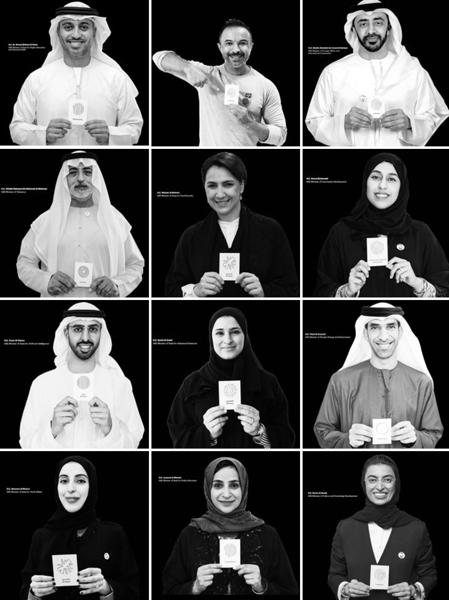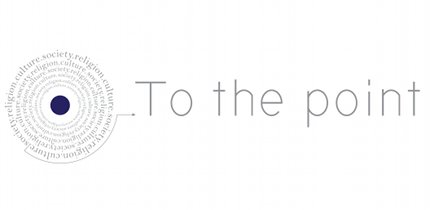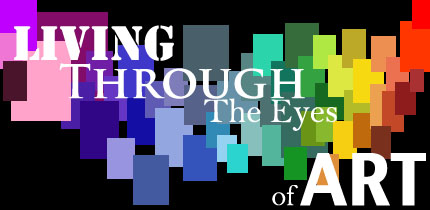As robotics and artificial intelligence change the landscape of the job market, what do we need to keep succeeding in our careers and businesses in the future?

I attended a session on advanced skills learning in this year’s World Government Summit, and it was one of the most interesting sessions to me, as it attempted to forecast what will happen in the job market in a future where robotics and artificial intelligence (AI) prevailed. Can we still advocate for the same educational degrees? Can we keep preparing the youth for the job market in the same way we always did? The short answer is no.
The session had a number of esteemed expert speakers from education and job market from across the globe, including HE Ahmed Belhoul – the UAE’s Minister of State for Higher Education and Advanced Skills-, and John Herlihy – the Vice President and Managing Director for EMEA (Europe Middle East Africa) and LATAM (Latin America) at LinkedIn-. The speakers referred to a number of studies by WEF, McKinsey, and IFTF. One of the quoted reports from WEF explained in numbers why we need to start looking seriously into this: “In many industries and countries, the most in-demand occupations or specialties did not exist 10 or even five years ago, and the pace of change is set to accelerate. By one popular estimate, 65% of children entering primary school today will ultimately end up working in completely new job types that don’t yet exist.” Another report by McKinsey predicted that up to 375 million people might need to switch their occupational categories by 2030 due to the rapid automation of their jobs. Though these changes in job markets have always been the case, they are becoming faster than ever with robotics and AI coming in and swooping more and more jobs.
From John Herlihy’s observations – LinkedIn’s VP & MD-, there has been a change in jobs requirements and applicants profiles. There is a shift from a market that required specific hard skills like programming and typing, and from a focus on qualifications and degrees to a market that required soft skills such as communication and problem-solving. Collaboration, as he noted, is one of the soft skills that seem to be required more and more with many of the organizations developing matrix structures rather than pyramid structures. As suggested by Herlihy’s, those soft skills should be trained while in university to equip the youth for the job market requirements.
Acknowledging all the above, HE Ahmed Belhoul’s office has launched during this year’s World Government Summit a movement called “My Skills, My Future” with an Instagram account called @futurefit_uae. The movement listed the 12 most important soft skills that are required for the future jobs in the UAE: leadership, growth mindset, financial literacy, problem-solving, collaboration, tech literacy, creativity, communication, empathy, social and cultural awareness, adaptability, and scientific literacy. The movement developed a fun small game to discover what is your strongest soft skill from those 12 skills and advised how to utilize that skill for your future. As part of the launch and to motivate more of the youth to take the test, they got a number of the UAE’s ministers to take it and share their strongest skill: HE Sheikh Abdullah bin Zayed bin Sultan Al Nahyan, the UAE’s Minister of Foreign Affairs and International Cooperation, scored creativity. HE Sheikh Nahyan Bin Mubarak Al Nahyan, the UAE’s Minister of Tolerance, scored empathy. HE Shamma AlMazroui, the UAE’s Minister of State for Youth Affairs, scored growth mindset. The Instagram account of the movement is continuously updating with new dignitaries taking the test and what they scored to inspire more and more to take it on and empower themselves with this knowledge and leverage on it in their careers.

I discovered that my future skill is adaptability. Which made sense for me as I studied bachelor’s of science in computer science for my undergrads, then did a master’s in project management while on the side starting my career in IT, which lasted about ten years. I then delved into media and online magazines with Sail Magazine. I then expanded Sail into a book publishing business. And who knows what’s next! The team behind the “My Skills, My Future” movement explained to me that this is exactly what adaptability is about, to see new changes and new opportunities and work with them to create something new. So what is your future skill? And how can you make the most of it for your future?



